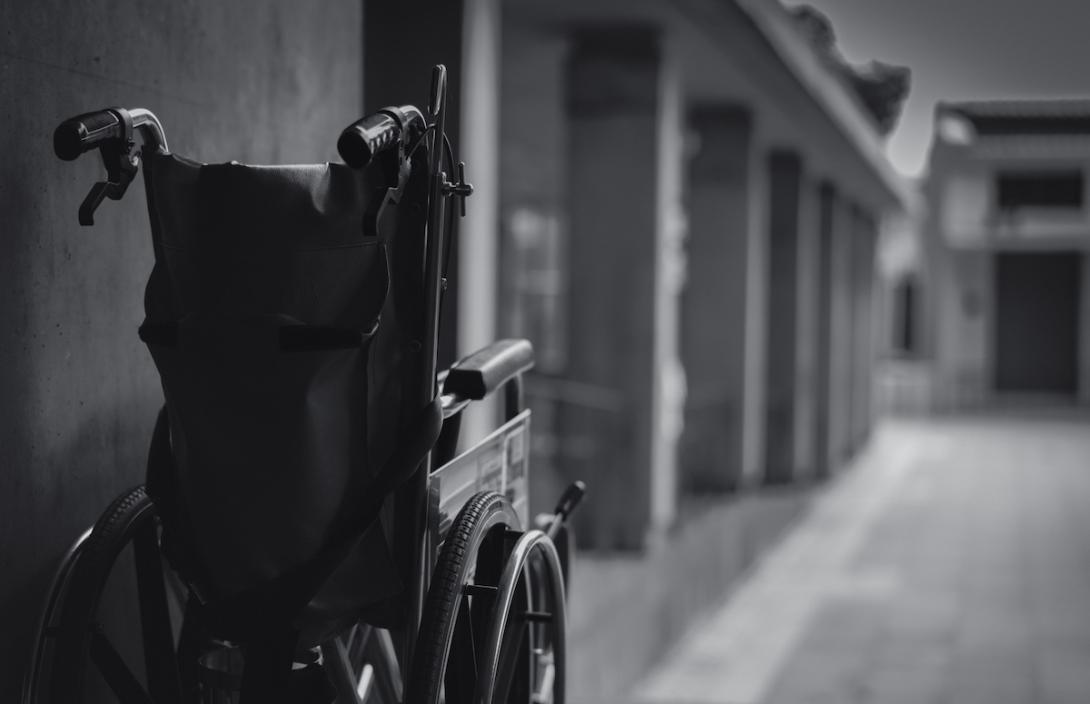
After an elderly resident with dementia living at Mt. Hood Senior Living in Sandy, Oregon, was found dead, state Department of Human Services officials should have immediately acted to ensure the remaining residents were safe. That did not happen.
Ki Soon “Harmony” Hyun, who had dementia, died after she wandered away from the facility in December of last year. The staff at the facility failed to lock and secure doors, a requirement for licensed memory care communities. The state’s licensing officials waited nearly one month after her death to enter the care facility, according to a damning investigation released by the Oregon long-term care ombudsman this week.
Once ODHS licensing officials entered the facility on Jan. 22, they found a litany of concerning issues ranging from: all of the staff had failed to complete required training; staff were feeding multiple residents solid food when they were prescribed by a physician to have soft diets (an oversight that could lead to aspiration, choking or death); residents were being given the wrong medication; residents weren’t getting any help bathing or showering; and they left one person in a recliner for more than eight hours without access to food or water.
“It is clear that Mt. Hood Senior Living failed to protect and care for Ki Soon Hyun and other residents,” the report reads.
In a three-page letter, Fariborz Pakseresht, head of ODHS, and Nakeshia Knight-Coyle, director of the ODHS’ Office of Aging and People with Disabilities, said they did not “agree with many of the report’s statements or its representation of the agency’s options in pursuing regulatory action at Mount Hood Senior Living.”
On Jan. 26, the state moved to rapidly close the facility, a move that likely traumatized the remaining elderly residents forced to flee their homes in the middle of the night, according to the report.
One of the residents who were moved at night, Charles Hess, was found dead in his chair after being moved and after falling multiple times, the report says, adding it was “potentially related to the transfer trauma.” His family was not notified that he was moving nor told where he was going. The new facility did not have the medical equipment he needed.
The leaders of ODHS said they “weighed many regulatory options” before suspending the facility and did so after investigations done by other units, including Adult Protective Services and ODHS’ Safety, Oversight and Quality.
According to the ombudsman’s report, there were numerous “red flags” the state missed preceding Hyun’s death. The report found “due to regulatory inactions and failures … (the) resident’s death and the additional harm and trauma that occurred to residents at this facility in the weeks following could have been prevented.”
Leading up to Hyun’s death, ODHS licensing staff were informed that the facility was both regularly understaffed and also without an administrator. The interim administrator emailed state licensing officials telling them she didn’t feel qualified for the role.
“I do not believe I have the credentials, training, or education to fill in as an interim, as I have only been a bookkeeper/Business Office Manager with a High School Diploma; no college education or formal medical training or work experience,” the interim leader wrote in November 2023.
Still, the state didn’t step in.
Soon after Hyun’s death, the owner of Mt. Hood Senior Living offered a “safety plan” to ODHS, according to the report.
“That safety plan included a plan to install an alarm system on certain exit doors, indicating that they may not have had the alarms in place as required by (state rules),” the report states.
The owner of Mt. Hood Senior Living had no experience in elderly care, according to the report. Prior to applying to the state to run the facility, the owner was a real estate agent.
“The lack of regulatory requirements for an inexperienced owner opening a facility for services to individuals with extraordinary care needs associated with dementia is particularly concerning,” the report reads. “Enhanced regulatory requirements and expectations must be developed before allowing inexperienced owners to provide these health and safety services in the future.”
The state ombudsman’s office is recommending an independent audit into ODHS’s licensing and regulatory duties.
The ombudsman’s report notes that Oregonians expect that their loved ones will be treated with “dignity and respect” when they are put in a state-licensed facility.
“Trust is currently broken,” the report reads.